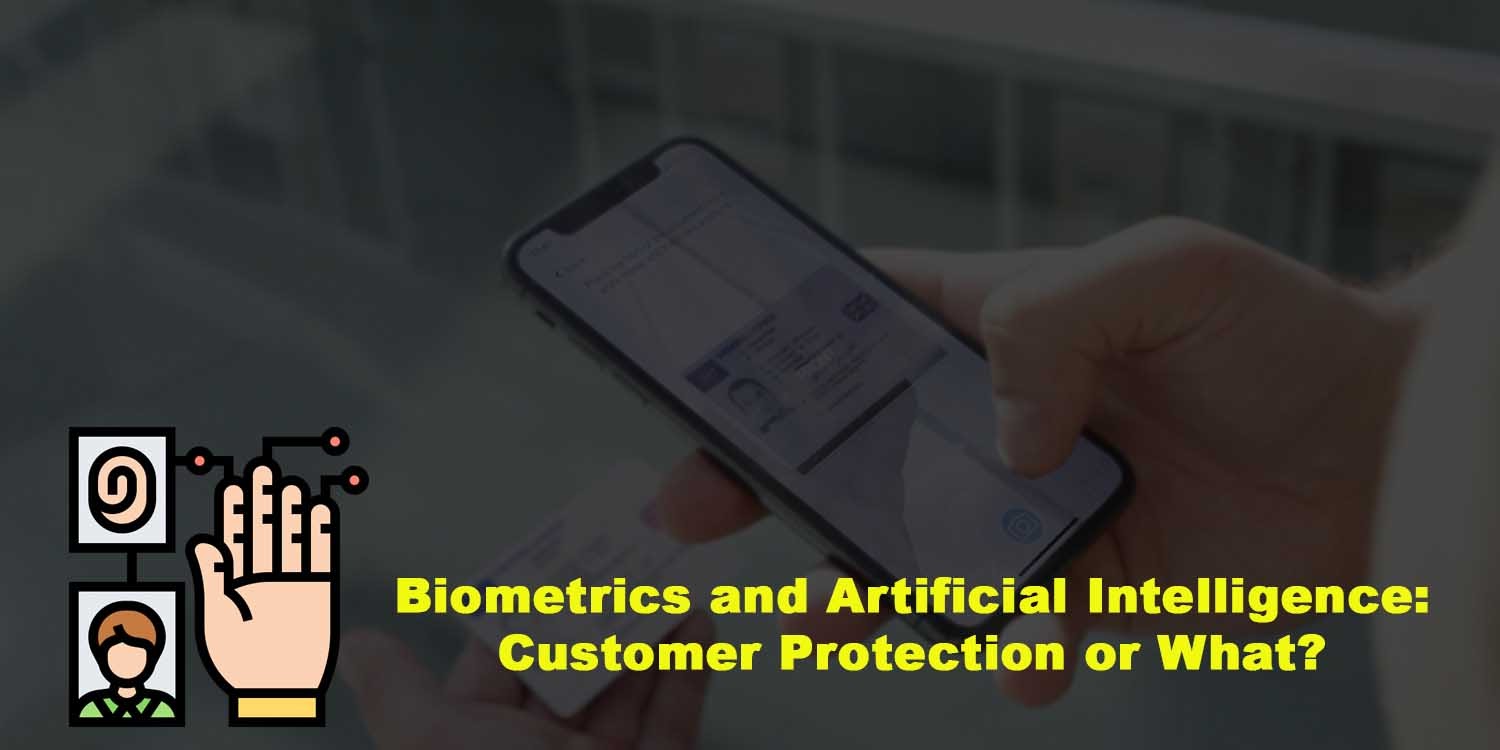Loss of identity is not only a cultural and physiological source of anxiety. The Internet has not only blurred distances but also faces and today anyone can become anybody just by submitting their desired identity.
The situation has become a source of concern for security reasons, especially for the iGaming industry. Is not until stricter regulations that gambling operators have put an eye over who really are the ones pulling the reels and making the calls.
Can I see your fake ID, please?
The lack of underperforming of control measures to validate customer identity has led to an increasing presence of online underage customers now that gambling at online casinos without verification needed has become more accessible than alcohol and drugs for them. But kids are not only the ones going rogue in the online halls. Money launderers have found their dream washer stuffing accounts with more figures than the average bettor without pulling the alarms.
Scammers and phishers (identity thefts) have also found a playground waiting for their next victim to address in the silver plate all their personal (and financial) information. The unawares can only notice it once they find strange charges in their bank accounts if they haven’t found depleted yet.
Virtual Insanity
As the presence of the Coronavirus decides how much we can get outside our homes, everyday actions have migrated to digital platforms. This situation has increased the number of online transactions in a dramatic matter with the same happening with identity-theft cases. Vulnerabilities are everywhere and the need for better control measures has become mandatory. The suggestion of introducing biometrics and AI-supported identity is another mandatory measure that will be necessary for every further transition made. and secure the identity and funds of the involved parts, But interestingly, the gambling industry is not new to this fact. And the biggest nation from the far east is a dystopian example of it.
Big Brother Nation
China has an extensive use (and even abuse) of facial recognition technology. While encouraged as a safety measure to protect the population from everyday and extraordinary hazards, people must be accustomed and everyone has more than one eye following their movements. In the extravagant casinos of Macau, the story is no different. 3M of the emerging middle class from mainland China visit the new capital of sin every month. Each gambling venue is willing to receive them and the competition is fierce because this time they won’t get enough only with a piece of the pie, they want the sugar-coated ones, and they know how to cut it.
Another Golden Nugget for My Pocket
Every licensing authority wants to introduce the new rules to make gambling safer. Initially used to detect conflictive gamblers identification technology is giving the house a larger edge as now they can skim who are the more profitable players using AI recognition algorithms. Through a series of metrics, operators can tailor, such as the total time a player has spent in casinos, betting volume, risk appetite, win/loss ratio, remaining chips, past dishonest behaviour and net worth for every customer in their floors.
Basically the same profiling for problem gamblers. This has allowed operators to quickly address their best VIP programs to keep this player riding as much they can. Even more, the same technology can meter the performance of their staff. as every single chip is traced from the deposit to every user’s hand and back to the tray. Definitely a broadaxe size edge win-win.
The Moral Debate
Now, on the western side of the world where social regulations are lax and gambling more strict, the question again appears: how much people need to be protected?
Operators know that once a customer is tagged as a problem gambler it should be banned at once. But they also know that these are the ones that deliver 10x times profit that the average thrillseeker thereby making the job not precisely a lovely one if it requires removing their golden-gooses. The challenge for regulators will be to evaluate the kind of moral performance of operators regarding the protection of their customers. It also makes us ask: what kind of penalties will be applied once a company fails to protect a specifically identified profitable target?
From the side of the regulators, exclusion schemes will get benefited for this technology as they don’t have to rely solely on the will of the payer to create some distance between gambling and them.
The Price of Protection
Now that gambling operators are facing their hottest fire trial because of their lack of disposition for protecting clients against fraud and problem gambling it seems pretty reasonable to introduce these measures in order to balance things way more than before.
However, it won’t take much longer for people to rise because of the invasive power needed to protect them from unfair operators and themselves. Does preventing problem gambling need to void everyone’s rights? Wagering to protect the health of certain customers and the social interest of the mass, never was an easy decision.



